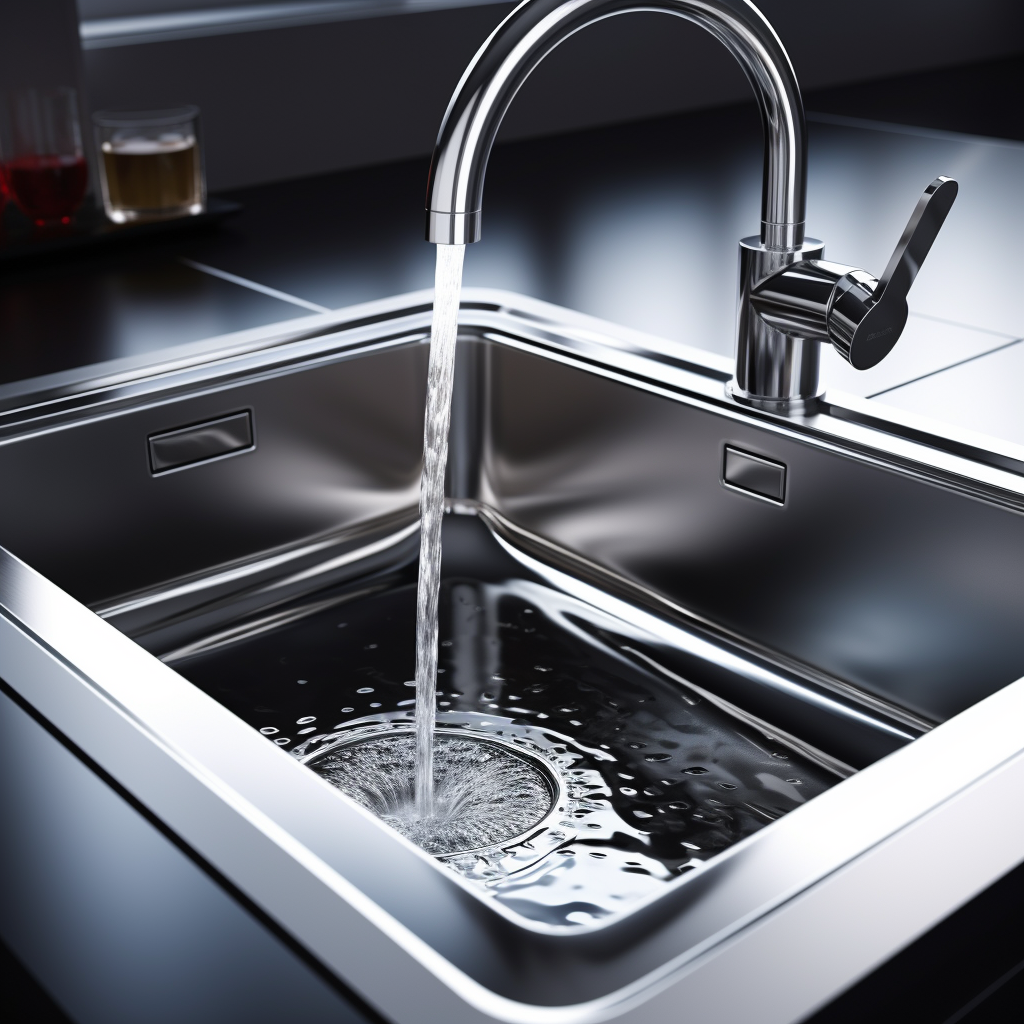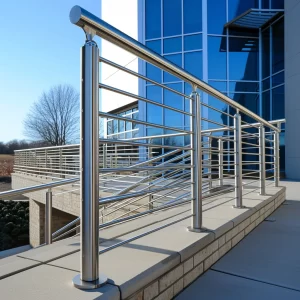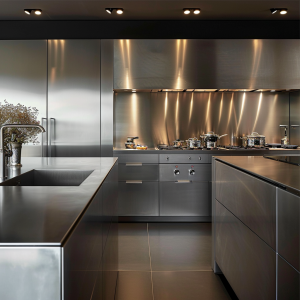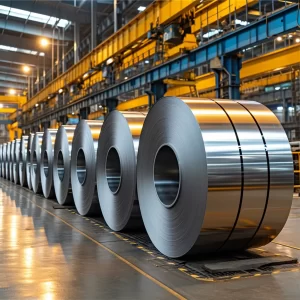Your reliable import partner!
Exploring the Composition and Benefits of Stainless Steel in Sink Manufacturing

Stainless steel sinks are ubiquitous fixtures in kitchens and bathrooms worldwide, renowned for their durability, aesthetic appeal, and corrosion resistance. Understanding the composition and properties of stainless steel is crucial to appreciate its utility in sink manufacturing and its enduring popularity among homeowners and designers.
Composition of Stainless Steel:
Stainless steel is an alloy primarily composed of iron, carbon, and chromium, with additional elements such as nickel, manganese, and molybdenum in varying proportions. The exact composition depends on the grade of stainless steel, which determines its specific properties and applications.
Iron: The base metal of stainless steel provides strength and structural integrity.
Chromium: The key component that distinguishes stainless steel from other alloys, chromium forms a passive oxide layer on the surface of the metal, known as chromium oxide. This layer enhances corrosion resistance by preventing rust and tarnish.
Carbon: Carbon content influences the hardness and strength of stainless steel.
Nickel, Manganese, Molybdenum: These alloying elements contribute to corrosion resistance, toughness, and other mechanical properties.
Grades of Stainless Steel:
Stainless steel sinks are typically crafted from one of several grades, each tailored to specific environments and applications:
Type 304: The most common grade for kitchen sinks, Type 304 stainless steel contains 18% chromium and 8% nickel, offering excellent resistance to corrosion, heat, and chemical damage.
Type 316: Known as “marine grade” stainless steel, Type 316 contains additional molybdenum, enhancing its resistance to pitting and chloride corrosion. It’s ideal for coastal areas and environments with high chloride exposure.
Type 430: While less common in sinks, Type 430 stainless steel is economical and suitable for less demanding applications. It contains less nickel than Type 304 and is magnetic.
Benefits of Stainless Steel Sinks:
Stainless steel sinks offer numerous advantages that contribute to their widespread use and popularity:
Durability: Stainless steel is exceptionally durable and resistant to denting, scratching, and chipping, making it ideal for high-traffic areas like kitchens.
Corrosion Resistance: The chromium oxide layer provides an effective barrier against corrosion, ensuring longevity and easy maintenance.
Hygienic Properties: Stainless steel is non-porous and easy to clean, making it a hygienic choice for food preparation areas.
Aesthetic Appeal: The sleek, modern appearance of stainless steel complements various kitchen and bathroom designs, offering timeless elegance and versatility.
Heat and Stain Resistance: Stainless steel sinks can withstand high temperatures and are resistant to stains from common household substances like coffee, wine, and acidic foods.
Stainless steel sinks epitomize the perfect balance of form and function, offering durability, aesthetic appeal, and practicality for modern living spaces. With their corrosion resistance, durability, and timeless aesthetic, stainless steel sinks remain a cornerstone of contemporary kitchen and bathroom design, embodying the marriage of craftsmanship and innovation in sink manufacturing.



